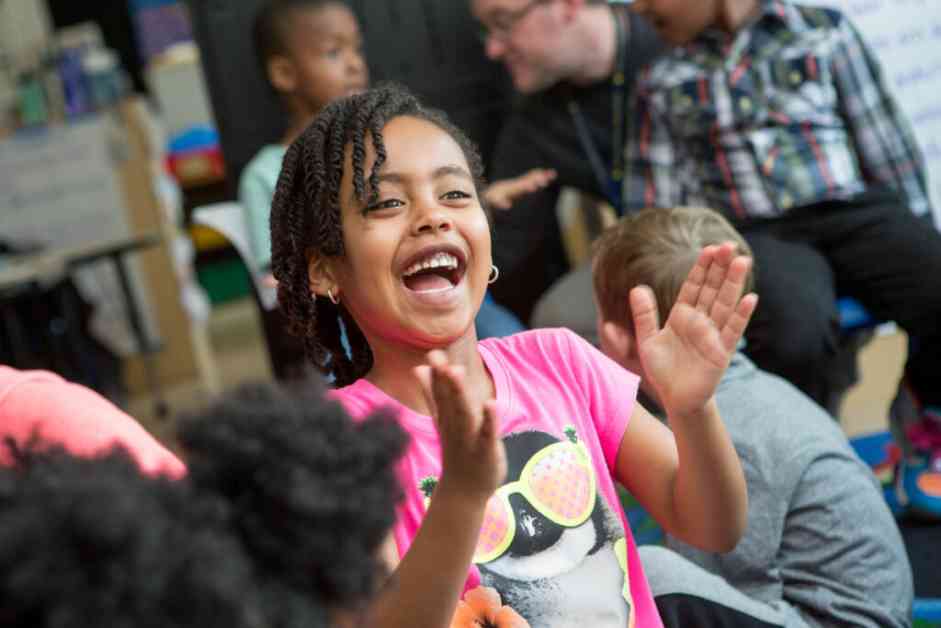Building a Caring Community: How Schools Can Foster Compassion and Support
The start of a new school year can often bring feelings of anxiety for both parents and students. As parents ourselves, we understand these concerns firsthand, as we navigate the challenges of raising a kindergartner, a ninth grader, and a college freshman. The pressure to ensure our children succeed in a competitive educational environment can be overwhelming, but as we embark on this new school year, we are making a conscious effort to shift our focus towards fostering a sense of community and compassion within our schools.
Public education serves multiple important social goals, including helping individuals thrive, preparing students for the workforce, and promoting a sense of solidarity within society. However, in our quest for academic success and social status, we often lose sight of the importance of building a supportive and inclusive school community. We tend to view education as a competitive game where students must constantly strive to outperform their peers in order to secure a successful future.
This relentless focus on achievement and competition only contributes to the stress and anxiety that many students and parents experience. The educational system has become a high-stakes environment where success is equated with worth, leaving little room for those who may not fit into the narrow definitions of success. However, it doesn’t have to be this way.
There are examples of schools and educators who are taking a different approach, prioritizing community building and inclusivity over academic competition. Teachers like Tim Walz, who use sports and classroom experiences to promote understanding and empathy among students, are leading the way in creating a more compassionate educational environment. By emphasizing the importance of coming together as a community, regardless of background or socioeconomic status, these educators are challenging the traditional notion of education as a zero-sum game.
Parents also play a crucial role in fostering a caring school community. By choosing diverse public schools, encouraging their children to eat in the cafeteria with their peers, and supporting initiatives that promote inclusivity and equity, parents can contribute to creating a more supportive educational environment for all students. It is essential to advocate for policies that provide schools with the resources they need to ensure that every child has the opportunity to thrive, regardless of their background.
As we celebrate the start of a new school year, it is important to remember that education is about more than just academic achievement. It is a place where students learn valuable lessons in empathy, respect, and solidarity. By recognizing and valuing the unique perspectives and experiences of others, we can build a stronger, more compassionate community within our schools.
In a society that is increasingly divided, fostering a sense of solidarity and empathy within our schools is more important than ever. By working together to prioritize inclusivity and support, we can create a more equitable and compassionate educational system that benefits all students. Let’s turn away from the culture of competition and embrace a vision of education that values community and connection above all else.
Emily K. Penner, Thurston Domina, and Andrew Penner are educators and researchers who have dedicated their careers to understanding and addressing educational inequality. Their work highlights the importance of building a caring and supportive school community to ensure that all students have the opportunity to succeed.
As we embark on this new school year, let’s commit to fostering a culture of compassion and support within our schools. Together, we can create a more inclusive and equitable educational environment that empowers all students to thrive.




















